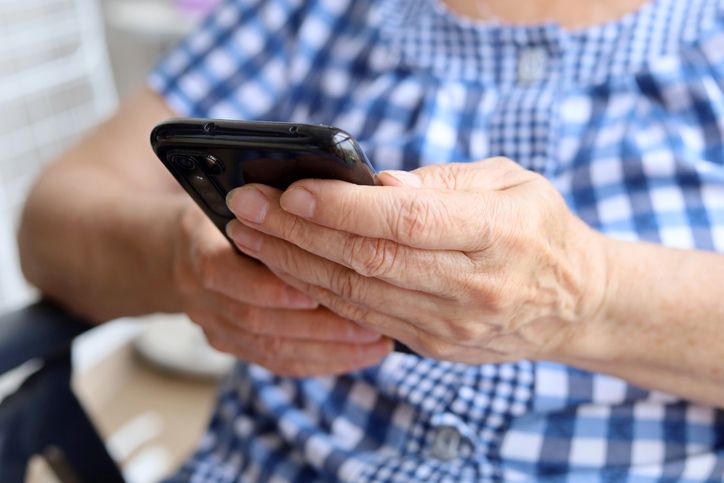Brain and Spine Care
Want to learn more about this at Kettering Health?
What is MRI-guided Focused Ultrasound?
MRI-guided focused ultrasound uses focused sound (or ultrasound) waves. More specifically, it pinpoints the area of the brain responsible for a tremor, using ultrasound to heat the tissue and cause a small ablation (burn) to stop the tremor.
The treatment is incisionless and doesn’t require anesthesia. There is little to no risk of infection or complications, and tremors immediately get better or go away.
Is This Treatment Right for You?
MRI-guided focused ultrasound may be right for you if your medication doesn’t help your tremors. Essential tremor patients must be at least 22 years old, and tremor-dominant patients must be at least 30.
Those with Parkinson’s disease may also benefit from MRI-guided focused ultrasound.

Do I Need a Referral?
This treatment is arranged on a self-referral or provider-referral basis. If you believe you meet the necessary qualifications, request an appointment. If you are a referring physician, you are required to complete our physician referral form.
What to Expect During MRI-guided Focused Ultrasound
On the day of treatment, a nurse will shave your head since hair interferes with the ultrasound waves. You’ll be given numbing medication before a frame is placed around your head to keep it still during treatment.
Before the treatment, MRI photos are taken to map your brain. Light doses of ultrasound energy are used to pinpoint the exact treatment location and see if tremors improve. Once the treatment location is identified, high doses of ultrasound energy are used to create small ablations and treat the area. You will be awake and able to communicate.
You will be able to go home that day and return to normal activities within a few days. Your care team will create an individual recovery plan for you.






